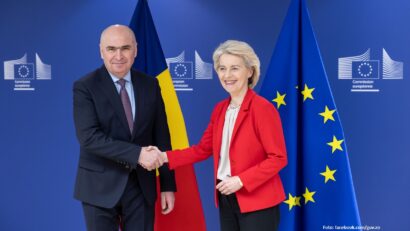What Next for the Republic of Moldova?
After seven years under self-professed pro-Western governments, the Republic of Moldova has just elected a pro-Russian President.

Bogdan Matei, 14.11.2016, 13:29
Instead of joyful rallies to celebrate the winner, Sunday night’s announcement that the pro-Russian Igor Dodon won the presidential election in the Republic of Moldova was followed by civil society protests against the faulty organisation of the ballot. Two weeks before, in the first round, he had carried 47% of the votes, nearly 10% more than his challenger, the pro-European reformist Maia Sandu, and his win came as no surprise. The gap between the two candidates narrowed significantly in the runoff, with 52% for Dodon and 47% for Sandu, but not enough to change the outcome predicted by all opinion polls. In contrast to his tough campaign statements, in his acceptance speech the new head of state called for unity.
Igor Dodon: “I promise, my fellow countrymen, that I will be the president of all Moldovans, both on the right and on the left of the political spectrum, both those who see themselves and want to become part of the EU, and those who want to stay close to Russia. A few words for my challenger, Ms Sandu, I would like to congratulate you on a very good result, but now, please, let us try to calm things down.”
Dodon’s call comes after scores of young people had protested in front of the headquarters of the Central Electoral Commission in Chisinau. They were outraged that many polling stations, both in Moldova and abroad, from Bucharest to Dublin, had run out of ballots. Social media circulated appeals for marathon protests downtown Chisinau.
On behalf of the pro-European camp, Maia Sandu stated: “We will stay alert until the end, and I promise you that together we will clarify each and every violation, each case in which people were unable to vote.”
Sandu actually demanded the immediate resignation of the Foreign Minister and the President of the Central Electoral Commission, seen as the main culprits for the organisational disaster. Everybody agrees however that neither the protests nor the resignations can make any difference at this point. For their candidate to win, Ms. Sandu’s supporters should have persuaded more people to show up in polling stations. But the reluctance of many citizens came in response to seven years of self-professed pro-Western rule, undermined by inefficiency and corruption and culminating in the vanishing of one billion US dollars from the country’s banking system and the sentencing of the former PM, Maia Sandu’s party chief, Vlad Filat.
The Russian media, quoted by news agencies, congratulate Moscow on getting a fresh ally in its west. Commentators note however that Dodon will not have a confortable term in office. According to all rankings, the Republic of Moldova is the poorest country in Europe. And one in which, according to the outcome of Sunday’s vote, the pro-Western half of society deeply opposes the new president.(Translated by Ana Maria Popescu)






























